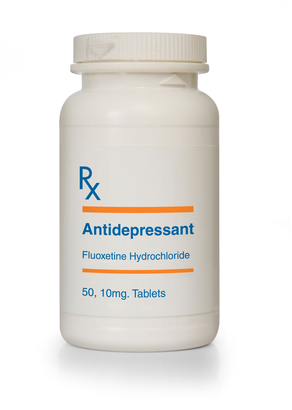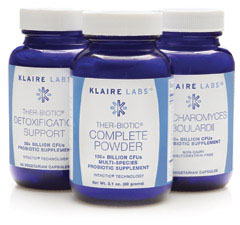 I’d like to let everyone know that I am now offering my clients world-class probiotics from Klaire Labs and supplements from their parent company, ProThera.
I’d like to let everyone know that I am now offering my clients world-class probiotics from Klaire Labs and supplements from their parent company, ProThera.
Klaire Labs’ probiotics are a known and trusted entity, especially in the autism-recovery world, and the application of their probiotics extends far beyond autism to those with allergies, asthma, ADHD, OCD, SPD and other autoimmune, digestive and neurological disorders.
The ProThera line includes minerals, vitamins, fatty acids and supplements designed to improve the function of the immune system, liver and adrenals, as well as antioxidants, amino acids and enzymes. They even carry non-denatured whey protein!
To learn more about how I can help improve your symptoms of these conditions, you can read more about me here.
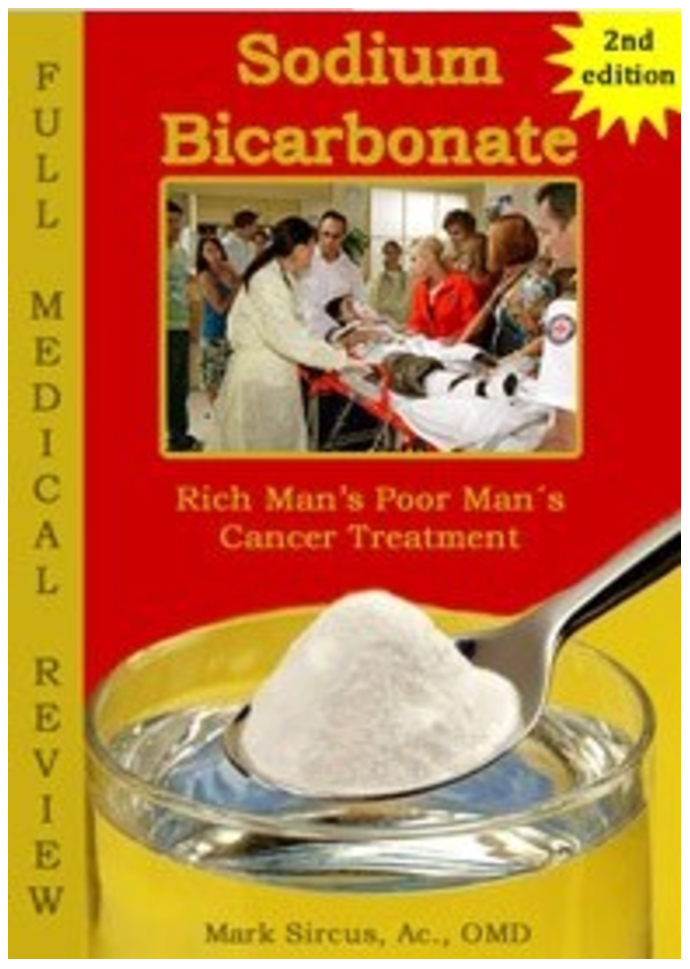 I have to say, I was fascinated with the material in Dr. Mark Sircus’ book, “Sodium Bicarbonate: Rich Man’s, Poor Man’s Cancer Treatment” because it provides a fundamental framework for understanding the nature of disease: that chronic health conditions and diseases arise from an acidic state of the body.
I have to say, I was fascinated with the material in Dr. Mark Sircus’ book, “Sodium Bicarbonate: Rich Man’s, Poor Man’s Cancer Treatment” because it provides a fundamental framework for understanding the nature of disease: that chronic health conditions and diseases arise from an acidic state of the body.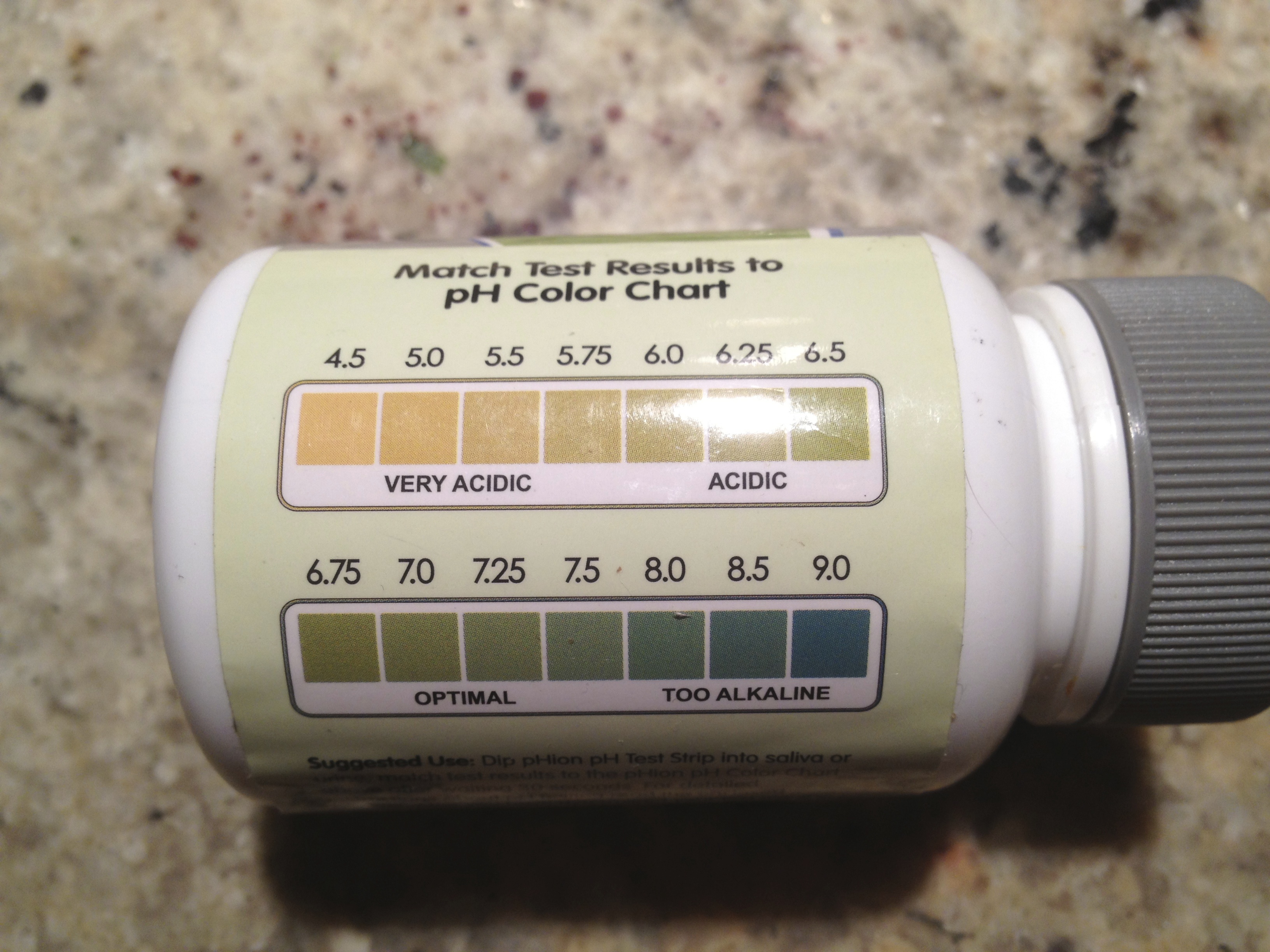 pH testing is an easy way to determine your level of health. I’ve got some
pH testing is an easy way to determine your level of health. I’ve got some 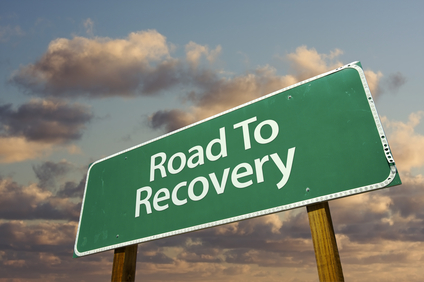 You may or may not know my personal recovery story. I have recovered my 2 sons, now ages 5 and 7, from sensory processing disorder (SPD), asthma, allergies, acid reflux and eczema with a biomedical approach, which means correcting nutritional and hormonal deficiencies, removing toxicities and correcting gut dysbiosis.
You may or may not know my personal recovery story. I have recovered my 2 sons, now ages 5 and 7, from sensory processing disorder (SPD), asthma, allergies, acid reflux and eczema with a biomedical approach, which means correcting nutritional and hormonal deficiencies, removing toxicities and correcting gut dysbiosis.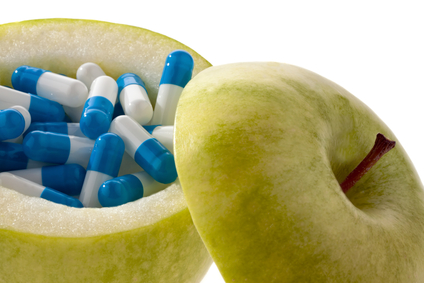 Nutritional deficiencies are rampant. I believe many people are falsely lulled into a sense of security by RDA (recommended daily allowances) listings on food and nutrients.
Nutritional deficiencies are rampant. I believe many people are falsely lulled into a sense of security by RDA (recommended daily allowances) listings on food and nutrients.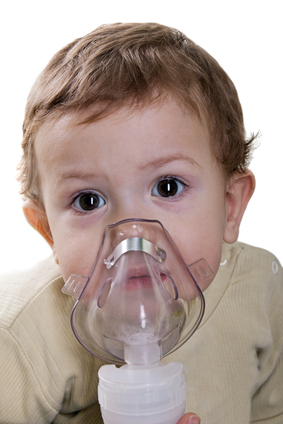 My older son got sick a lot, especially after he started preschool when he was 3.
My older son got sick a lot, especially after he started preschool when he was 3.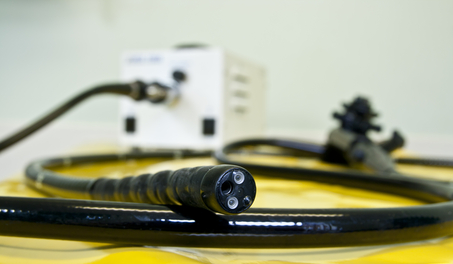 When my younger son was born, he, too, was “fussy” and “colicky”. He had an outright problem with nursing: he refused to.
When my younger son was born, he, too, was “fussy” and “colicky”. He had an outright problem with nursing: he refused to. Some of the first red flags I had from my older son were his failure to eat solid foods, his projectile vomiting any food or breast milk he did eat, and, later, his failure to thrive.
Some of the first red flags I had from my older son were his failure to eat solid foods, his projectile vomiting any food or breast milk he did eat, and, later, his failure to thrive.
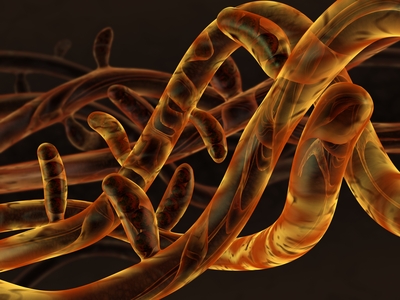 Gut dysbiosis — this topic is the motherlode. It’s one of the two core (in my opinion) reasons for the explosion of chronic childhood illnesses we see today.
Gut dysbiosis — this topic is the motherlode. It’s one of the two core (in my opinion) reasons for the explosion of chronic childhood illnesses we see today.